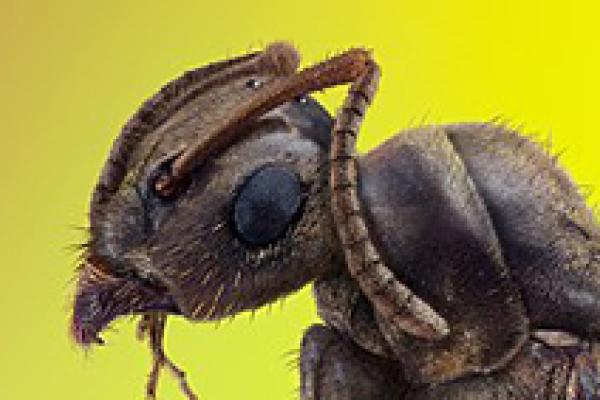Article


Learning from COVID: How good was the UK's vaccination strategy?
Was vaccinating vulnerable people first a good choice? Hindsight allows us to assess this question.









